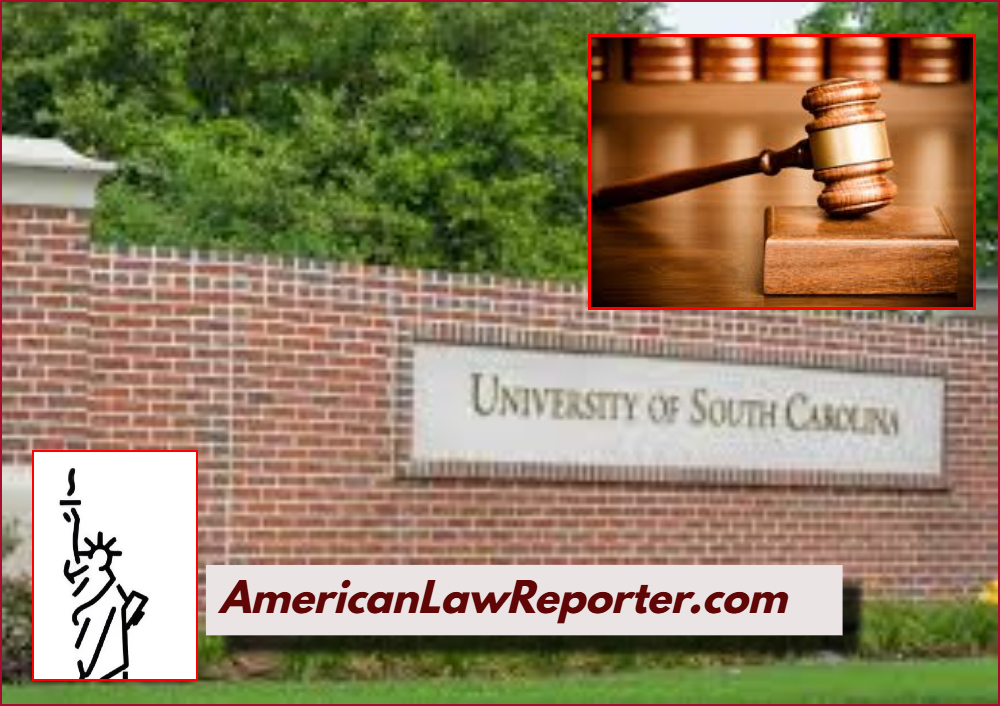A Nigerian doctoral student at the University of South Carolina is suing the federal government after his F1 student visa was abruptly revoked earlier this month, a move he alleges violates his constitutional right to due process.
Matthew Ariwoola, a PhD candidate in chemistry who has been in the U.S. since 2021, was just months away from graduating when he was informed on April 8th that his visa status had been terminated by the U.S. Department of Homeland Security (DHS).
The sudden change placed him under threat of arrest and deportation, forcing him to stop work and consider self-deportation, according to the complaint filed in U.S. District Court.
Represented by the American Civil Liberties Union (ACLU) of South Carolina, Ariwoola is now seeking to have his F1 visa status reinstated, allowing him to complete his degree and continue his research at USC. His studies involve improving the efficacy of medications—a field in which he also teaches undergraduate chemistry courses.
Court records show that although Ariwoola’s visa had technically expired in February 2025, his legal F1 status remained valid under the rules of the Student and Exchange Visitor Information System (SEVIS), which governs international students’ presence in the U.S., so long as he continued his academic program.
According to the federal lawsuit filed April 18, SEVIS records cited the termination reason as “other individual identified in criminal records check and/or has had their visa revoked.”
Ariwoola maintains that he has never been convicted of any crime, and the lawsuit argues that no explanation or hearing was provided prior to his visa termination—amounting to a denial of procedural due process under the Fifth Amendment.
The termination effectively blocks Ariwoola from continuing his research, receiving his stipend, or graduating in December 2025, as planned.
On April 19, U.S. District Judge Jacqueline Austin granted a temporary restraining order giving Ariwoola a 14-day reprieve from removal and allowing him to resume academic duties. The court has given the federal government until April 25 to respond to the lawsuit.
“This student has dedicated years to research that benefits society. Now, due to a vague and unexplained government action, he faces deportation and the destruction of his academic career,” the ACLU stated in support of Ariwoola’s petition.
The case highlights growing legal concerns around transparency and accountability in the treatment of international students, especially in visa revocation procedures that can carry life-altering consequences.
Ariwoola’s legal team is expected to push for a preliminary injunction in the coming weeks, pending the government’s response.

